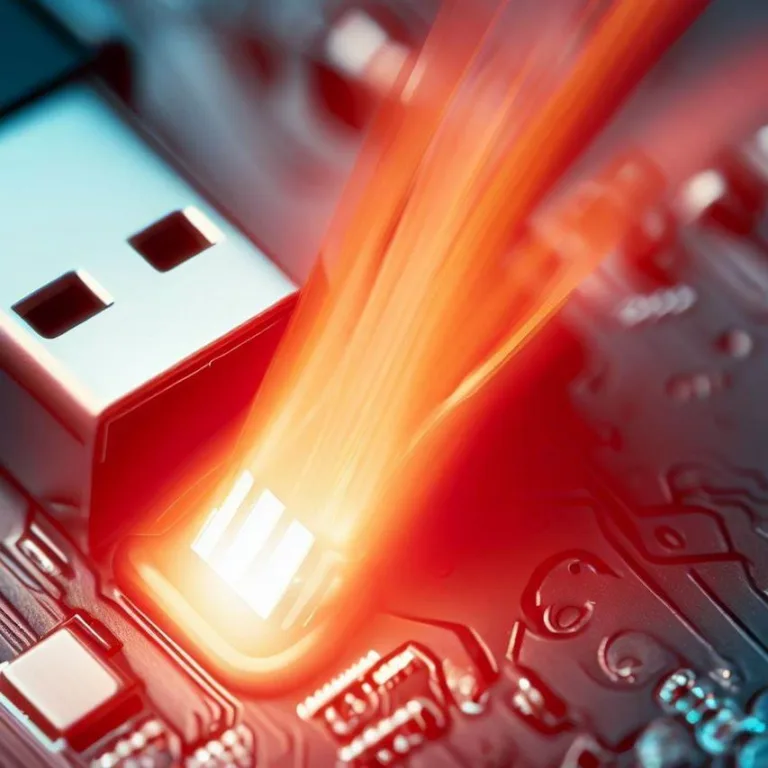Welcome to our comprehensive guide on the perplexing issue of „Blue Screen Memory Management” errors, often referred to as „BSOD Memory Management.” If you’ve encountered this frustrating error, you’re not alone. This article delves into the intricacies of memory management, the causes behind the dreaded BSOD, and effective solutions to help you navigate and overcome this troublesome occurrence.
Memory management and its significance
Memory management is a fundamental aspect of any computer system. It involves the allocation, tracking, and maintenance of memory resources, ensuring that programs and processes can efficiently use the available memory. When memory management goes awry, it can lead to crashes, freezes, and the infamous Blue Screen of Death (BSOD).
The dreaded bsod: memory management
The „BSOD Memory Management” error is a particular type of Blue Screen error that indicates a problem with the system’s memory allocation. This error often occurs due to issues such as faulty RAM modules, outdated or incompatible drivers, corrupted system files, or even hardware problems.
Common causes of bsod memory management errors
Several factors can trigger memory management BSOD errors:
- Corrupted or outdated device drivers
- Faulty RAM or memory modules
- Software conflicts or issues
- Hardware problems, such as a failing hard drive
- Overheating issues leading to system instability
Resolving memory management bsod errors
When facing a memory management BSOD error, a systematic approach is crucial:
- Check Hardware: Begin by ensuring all hardware components are properly connected. Test your RAM modules using diagnostic tools.
- Update Drivers: Outdated or incompatible drivers can lead to memory management errors. Update your drivers, especially graphics and chipset drivers.
- Scan for Malware: Malicious software can disrupt memory management. Perform a thorough malware scan using reliable antivirus software.
- System File Check: Run the built-in System File Checker tool to identify and repair corrupted system files.
- Cooling and Cleaning: Overheating can cause memory-related errors. Ensure proper cooling and clean your system regularly.
Frequently Asked Questions (FAQs)
What is a memory management BSOD error?
A memory management BSOD error, often seen as the „BSOD Memory Management” error, signifies a problem with how a computer’s memory resources are being allocated and utilized. This can lead to system crashes and blue screen errors.
How do I know if faulty RAM is causing the error?
Faulty RAM can indeed cause memory management BSOD errors. To check for this, run a memory diagnostic tool, such as Windows Memory Diagnostic, to identify potential issues with your RAM modules.
Yes, outdated or incompatible drivers can lead to memory management BSOD errors. It’s recommended to regularly update your drivers, particularly those related to graphics, chipset, and storage devices.
Is it possible to fix memory management BSOD errors without professional help?
Absolutely, many memory management BSOD errors can be resolved through systematic troubleshooting. Follow the steps mentioned earlier in this article to diagnose and fix the issue on your own. However, if you’re unsure or the problem persists, seeking professional assistance is a good idea.
Conclusion
Dealing with memory management BSOD errors can be perplexing, but armed with the right knowledge and tools, you can effectively troubleshoot and resolve these issues. Remember to follow the steps outlined in this article to tackle the problem head-on and restore your system’s stability.







